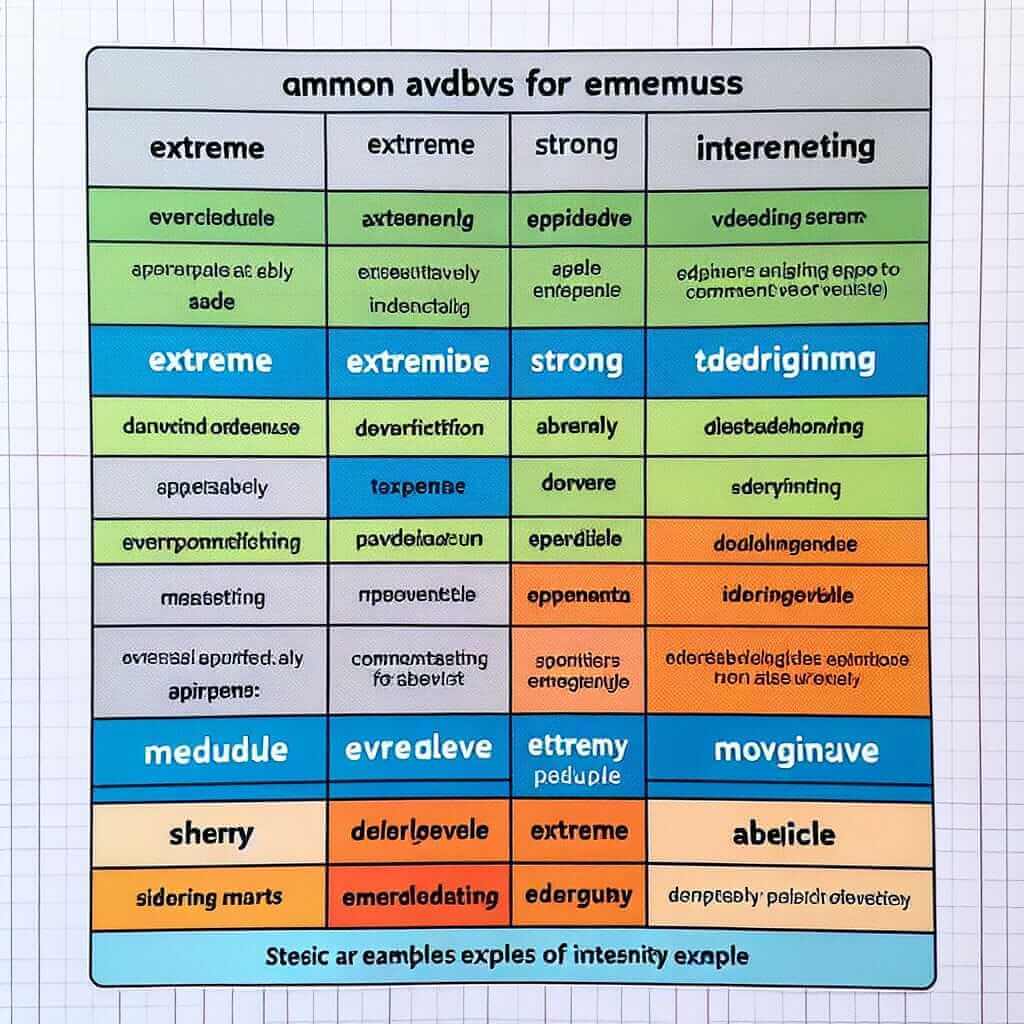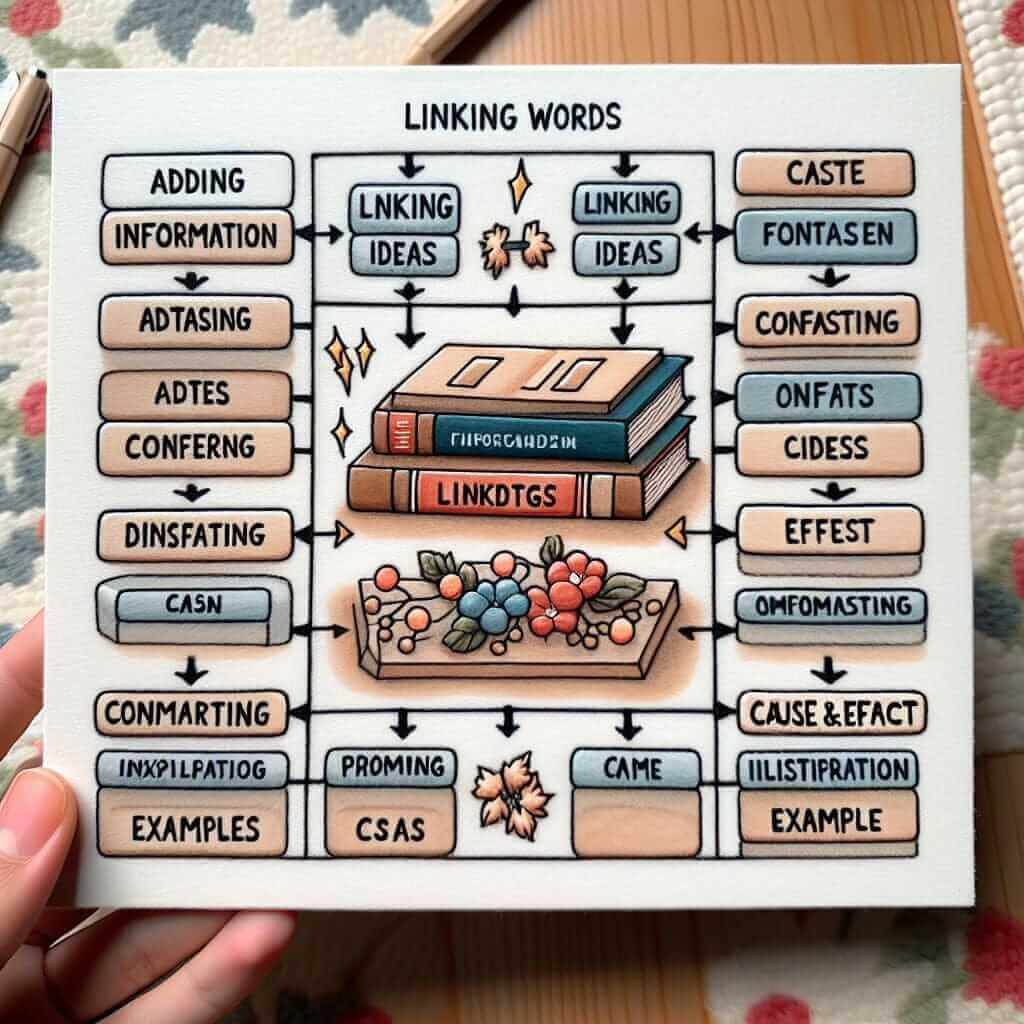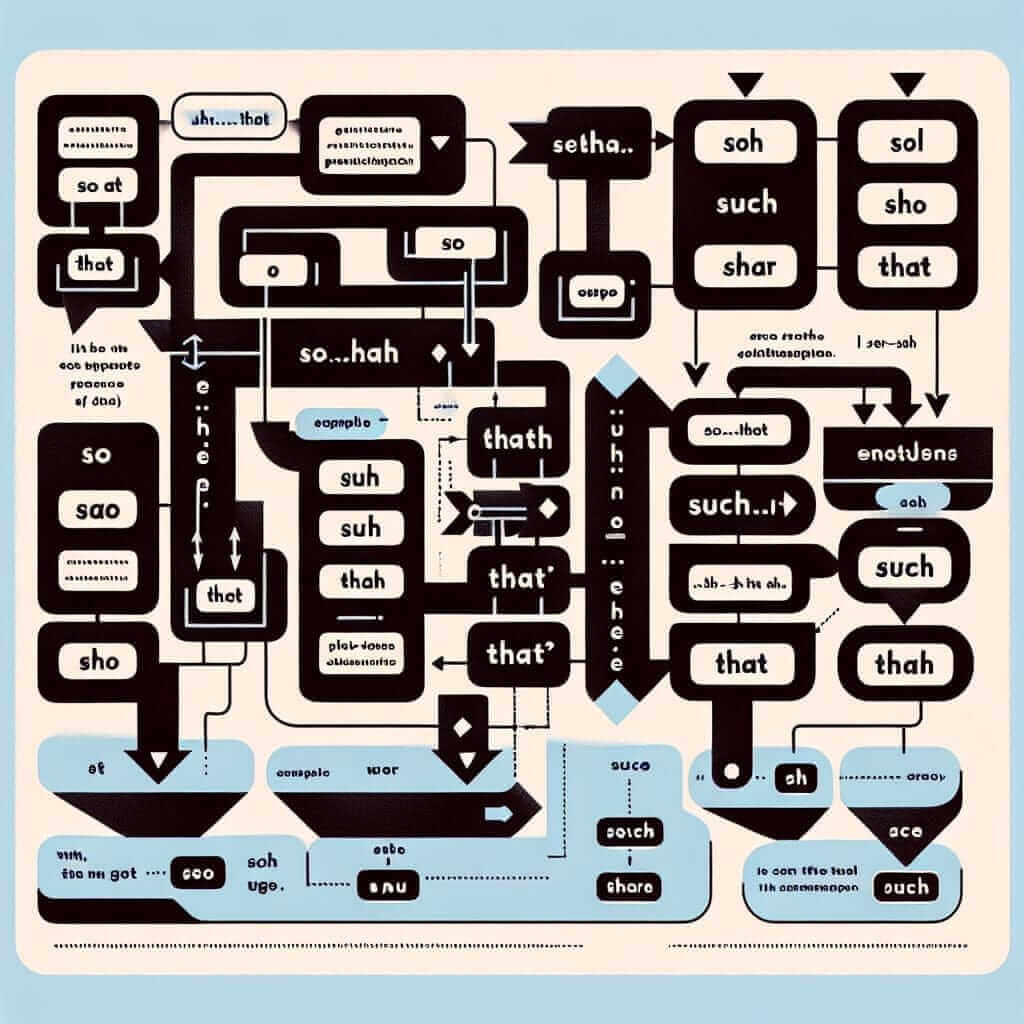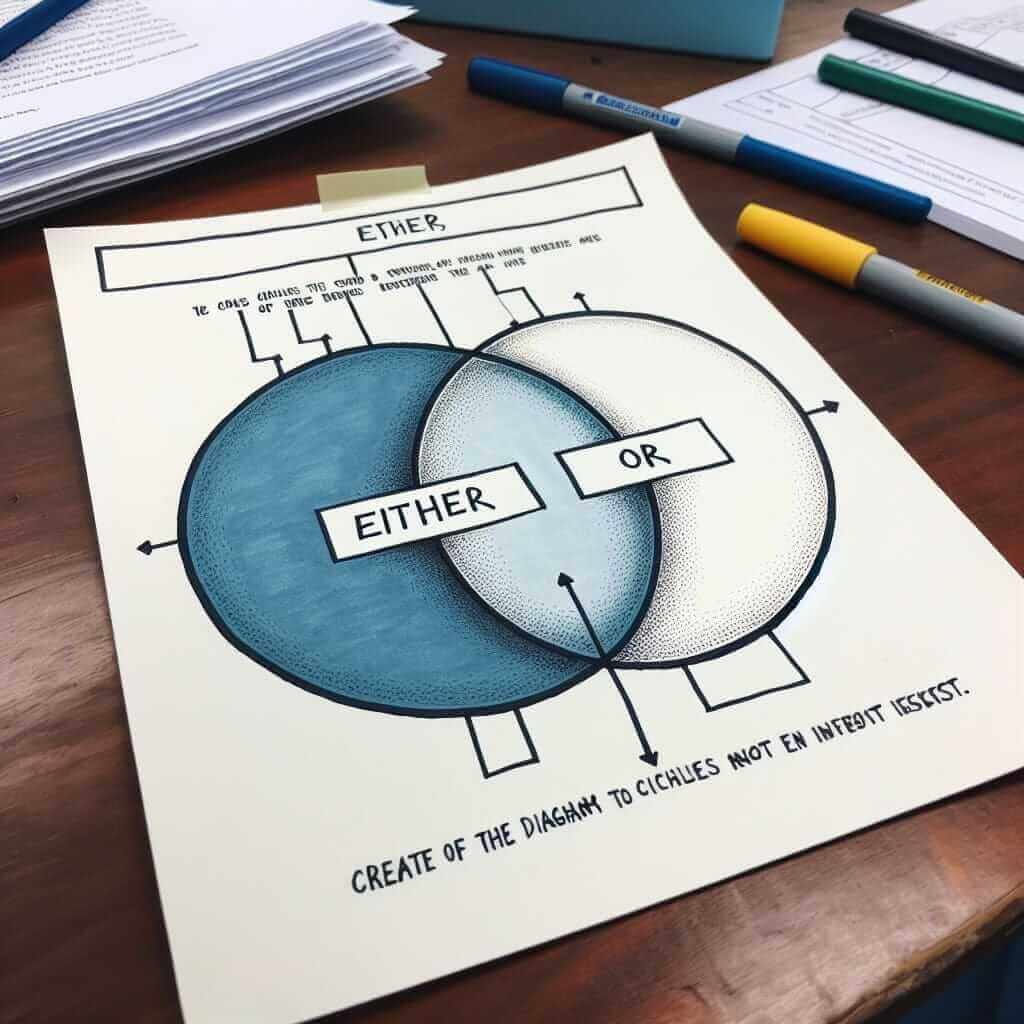Posted inGrammar
Posted inGrammar
How Can I Use Adverbs Effectively to Emphasize Points in IELTS Speaking and Writing?
In the realm of IELTS, demonstrating a strong command of the English language is paramount to achieving a high band…
Posted inGrammar
Mastering Linking Words for IELTS: How to Use However, Therefore, Moreover, and Consequently for a Band 7+
Linking words and phrases are essential for achieving cohesion and coherence in your IELTS writing, and consequently, a higher band…
Posted inGrammar
How to Sound More Natural in IELTS Speaking: Mastering “If I Were You”
Many IELTS test-takers strive to express opinions and give advice in the Speaking test. Using hypothetical language, especially the phrase…
Posted inGrammar
How Can I Use “It is said that…” and Similar Structures to Boost My IELTS Score?
The passive voice with reporting verbs, often structured as "It is said that..." or using variations like "It is believed..."…
Posted inGrammar
How Can I Use ‘So…That’ and ‘Such…That’ Effectively in the IELTS Exam?
"So...that" and "such...that" are common English constructions used to express the result of something. They are frequently used in both…
Posted inGrammar
Why Did You Say You Were Going to Call? Understanding “Future in the Past” for IELTS
In the realm of English grammar, expressing the future from a past perspective can be tricky. You might find yourself…
Posted inGrammar
Mastering Parallel Structures in Lists for IELTS Band 7+
Are you struggling to express your ideas clearly and effectively in your IELTS writing and speaking? One common area where…
Posted inGrammar
Mastering ‘Either…Or’ for IELTS: A Comprehensive Guide to Achieving Grammatical Accuracy
The use of 'either...or' is a fundamental aspect of English grammar that often trips up IELTS test-takers. Understanding its nuances…








